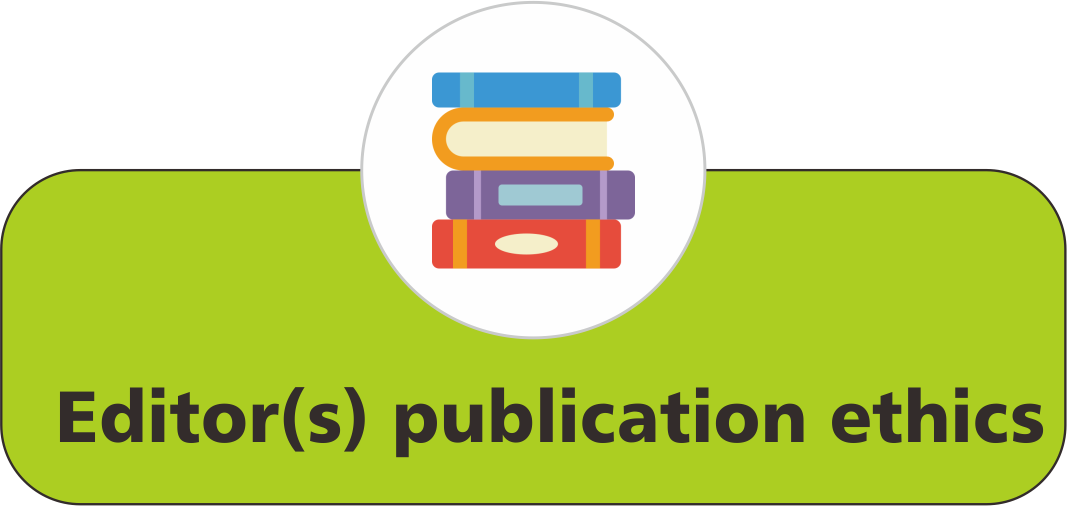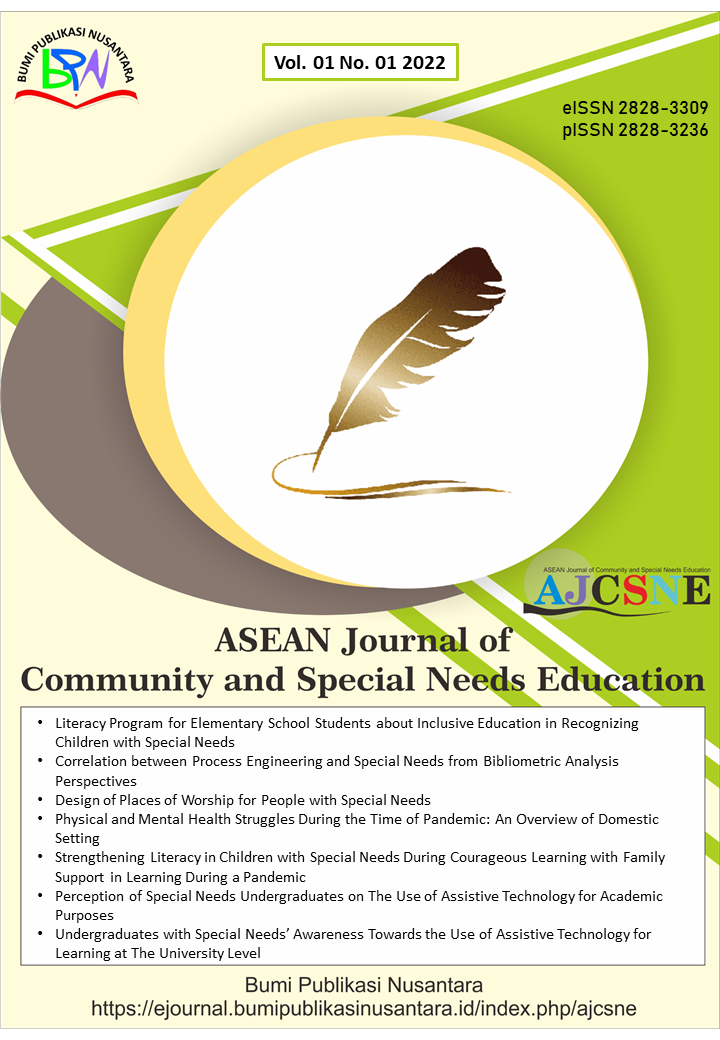The Mechanism of Public–Private Partnership in Managing the Development of Inclusive Technologies and Professions of the Future in the Era of Technological Advancement
 ),
),
(1) Moscow Polytechnic University
 Corresponding Author
Corresponding Author
Abstract
Keywords
References
Filippova, I. V. (2018). Implementation of the concept of sustainable development through corporate social responsibility and the principles of the UN Global Compact in Russia. Financial Economics, 7, 232–235.
Glazyev, S. Y. (2016). World economic orders in global economic development. Economics and Mathematical Methods, 52(2), 3–29.
Glushchenko, V. V. (2018). General theory of human rights (the science of the rights of individuals and legal entities). Bulletin of Science and Practice, 4(8), 303–339.
Glushchenko, V. V. (2020). Scientific theory of technological orders and research of directions of its practical application. Bulletin of Science and Practice, 6(4), 488–504.
Glushchenko, V. V. (2025a). The ESGI concept is the expansion of corporate social responsibility based on the synthesis of inclusive technologies. Modern Scientific Research and Innovation, 169(5), 103299.
Glushchenko, V. V. (2025b). Synthesis of the paradigm of development of the mechanism of public–private partnership in the field of inclusive technologies and the labor market. Modern Scientific Research and Innovation, 173(9), 103686.
Rustamova, L. R., and Trapeznikov, V. P. (2019). Social responsibility of transnational business in the UN Global Compact: Implementation problems and opportunities for Russia. The Eurasian Law Journal, 12, 34–37.
Saliyenko, N. V., and Sokolov, G. A. (2023). Transformation of the concept of corporate social responsibility (from KCO to ESG). Scientific Aspect, 4(6), 393–401.
Sonin, Y. L. (2021). Conceptual foundations of innovative improvement of architectural and construction design in the digital economy. Economics and Entrepreneurship, 4(129), 1100–1103.
Zizhen, L. (2025). Social responsibility of business: The contribution of the Chinese participants of the UN Global Compact to sustainable development. Sociology and Law, 17(2), 196–210.
Article Metrics
Abstract View : 297 times
: 297 times Download : 84 times
Download : 84 times
Refbacks
- There are currently no refbacks.
Copyright (c) 2025 Bumi Publikasi Nusantara

This work is licensed under a Creative Commons Attribution-ShareAlike 4.0 International License.







